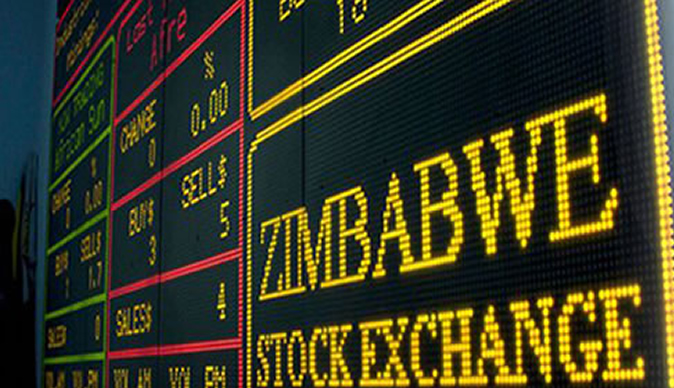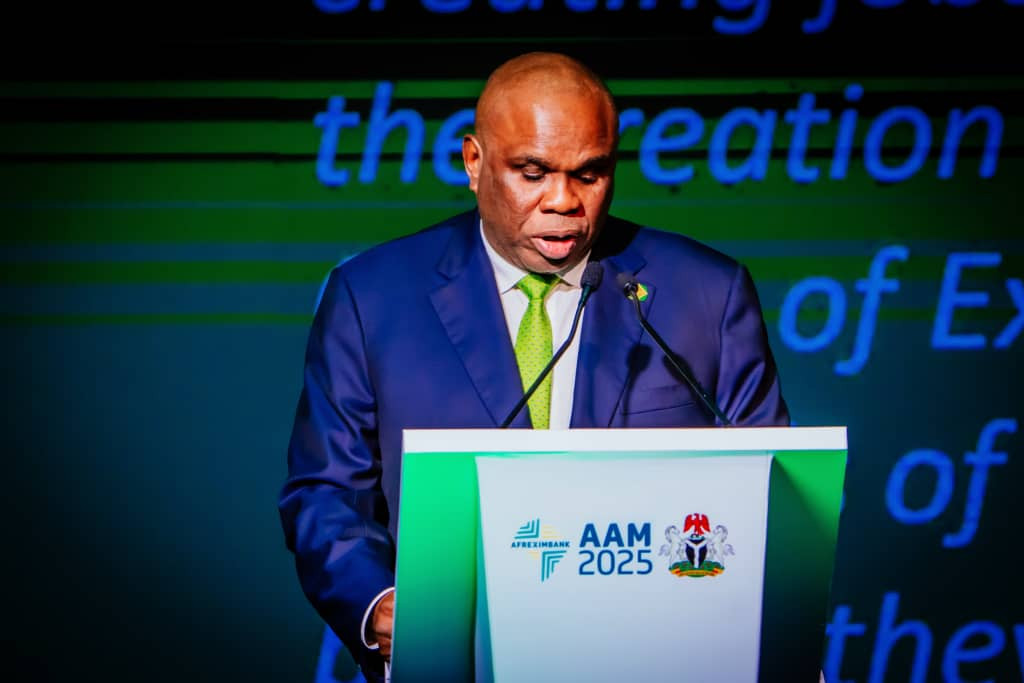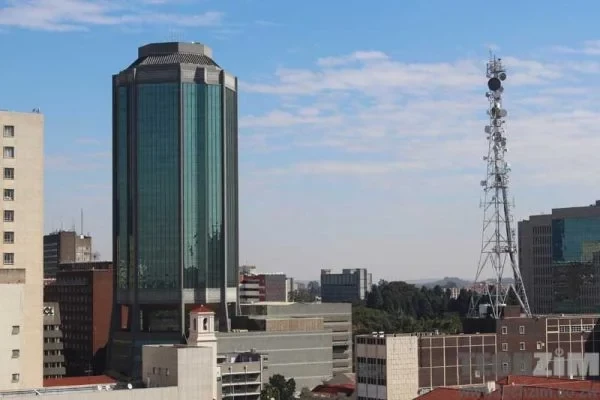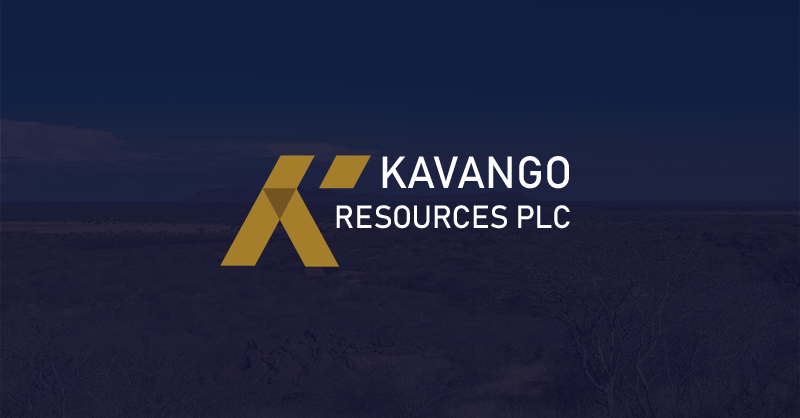
MTHANDAZO NYONI THE Zimbabwe Stock Exchange (ZSE) has placed directors at listed brick manufacturer, Willdale Limited, under probe following insider trading claims, businessdigest has learnt.
Insider trading, which is a rare issue in Zimbabwe, adversely affects market liquidity and makes transaction costs higher, thereby reducing investor returns.
The country’s capital market regulators penalises individuals found dabbling in insider trading.
The Securities and Exchange Act prohibits individuals who have inside information relating to securities, such as corporate directors and other executives, from dealing in those securities.
The Act provides for criminal and civil penalties delinquency on the capital markets.
Securities and Exchange Commission of Zimbabwe (SecZim) acting chief executive officer Gerald Dzangare this week confirmed the probe, but said some brokers were also under regulators’ radar over similar allegations.
“SecZim requested an investigation of brokers’ conduct by the ZSE; this is in progress,” Dzangare said in a presentation made during the capital markets regulator’s 4th annual general meeting held recently.
Details of the meeting were obtained by businessdigest this week.
- Chamisa under fire over US$120K donation
- Mavhunga puts DeMbare into Chibuku quarterfinals
- Pension funds bet on Cabora Bassa oilfields
- Councils defy govt fire tender directive
Keep Reading
“SecZim requested ZSE to investigate allegations of insider trading on listed company Willdale. ZSE is concluding the report,” he added.
This week, Dzangare referred businessdigest to ZSE chief executive officer Justin Bgoni, who declined to comment citing confidentiality clauses.
“Unfortunately, because it is an ongoing investigation, in terms of natural justice and confidentiality, we are not able to comment on anything at the moment. When we are ready, we will inform you and the market. I hope you understand our situation,” Bgoni said.
Willdale CEO Nyasha Matonda said the investigation was to do with “some company directors”.
However, he also referred questions to SecZim.
The ZSE monitors trade through its trade and surveillance department which looks out for suspicious activity, especially during closed periods for listed companies.
Batanai Matsika, head of research at Harare-based advisory firm, Morgan&Co and founder of piggybankadvisor.com, said insider trading, though not prevalent in Zimbabwe, was making the playing field in the securities market uneven.
“I don’t think it’s that prevalent in Zimbabwe among the listed entities because a lot of regulations have been put in place to try and stop insider trading,” Matsika said. “So you find that the parties that can take advantage of insider trading are, in most cases, the insiders like directors of the company.
“So you are basically looking at your managing directors, finance directors and those that take up key executive positions of the listed companies.
“But what the ZSE has done now is to then limit trading activities for those executives. So there are closed periods where they cannot really transact simply because they have privileged information. We have not seen a lot of cases because the regulations are a bit airtight, especially on the executives.”
Insider trading, according to Decimus Capital Markets chief regulatory officer Stanislav Dolgopolov, refers to transactions in a company’s securities, such as stocks or options, by corporate insiders or their associates based on information originating within the firm that would, once publicly disclosed, affect the prices of such securities.
Corporate insiders are individuals whose employment with the firm (as executives, directors, or sometimes rank-and-file employees) or whose privileged access to the firm’s internal affairs (as large shareholders, consultants, accountants and lawyers) gives them valuable information.
In countries such as the United States and United Kingdom, insider trading attracts severe criminal and civil penalties.
Research shows that insider trading is common and profitable, yet “notoriously” hard to prove and prevent. A 2020 study estimated that only about 15% of insider trading in the US is detected and prosecuted.











